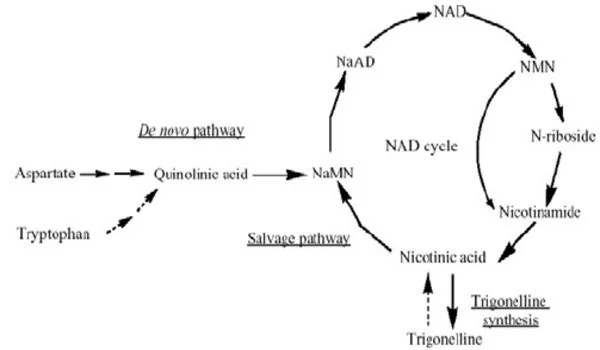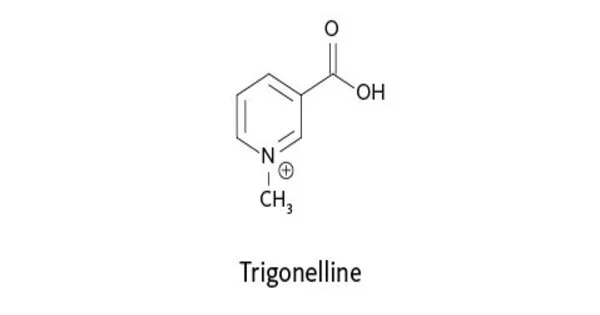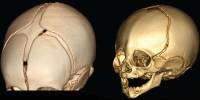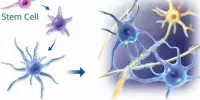Trigonelline is a natural chemical found in a variety of plants, including coffee beans. While it has been examined for its possible health advantages, such as antioxidant and neuroprotective characteristics, its specific effects on cognitive function in mice or humans are currently under investigation.
Trigonelline is derived from coffee, and researchers discovered that it increases spatial learning and memory in senescence-accelerated mice. The study also revealed that this impact is caused by suppressing neuroinflammation and restoring neurotransmitter levels in the brain.
The hunt for functional natural chemicals that can ameliorate age-related cognitive decline has lately emerged as a significant research topic to promote healthy aging. Trigonelline (TG), a plant alkaloid present in coffee as well as fenugreek seed and radish, was thought to have cognitive-enhancing qualities.
Caffeine, a well-known stimulant, has been related to improved cognitive function, increased alertness, and enhanced memory in both mice and humans, according to research on the cognitive effects of coffee and its components.
In this study, researchers led by the University of Tsukuba investigated the effects of TG on memory and spatial learning (acquiring, retaining, structuring, and applying information related to the surrounding physical environment) from both a cognitive and molecular biology perspective in an integrated manner using a senescence-accelerated mouse prone 8 (SAMP8) model.
The Morris water maze test revealed a substantial improvement in spatial learning and memory ability after 30 days of oral treatment of TG in SAMP8 mice compared to SAMP8 animals who did not receive TG.
Caffeine, a well-known stimulant, has been related to improved cognitive function, increased alertness, and enhanced memory in both mice and humans, according to research on the cognitive effects of coffee and its components.

The researchers next did a whole-genome transcriptomic analysis of the hippocampus in order to investigate the underlying molecular pathways. They discovered that the TG group significantly affected signaling pathways associated with nervous system development, mitochondrial function, ATP generation, inflammation, autophagy, and neurotransmitter release.
Furthermore, the researchers discovered that TG inhibited neuroinflammation via negatively regulating Traf6-mediated activation of the transcription factor NF-κB.
Additionally, quantitative protein analysis confirmed that the levels of inflammatory cytokines TNF-α and IL-6 were significantly decreased and the levels of neurotransmitters dopamine, noradrenaline, and serotonin were significantly increased in the hippocampus. These findings suggest the efficacy of TG in preventing and improving age-related spatial learning memory impairment.
















